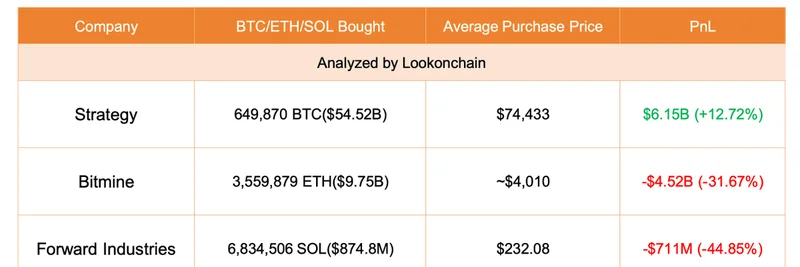In the fast-paced world of cryptocurrency, where trends can shift overnight, Zcash has been making waves with its impressive price surge over the past couple of months. A recent clip from The Pomp Podcast, shared by Arjun Khemani on X (view the thread), captures this excitement perfectly. In the video, investor @dgt10011 discusses how Zcash's focus on quantum resistance is drawing in investors, potentially positioning it ahead of even Bitcoin in navigating future technological threats.
Quantum resistance, for those new to the term, refers to a cryptocurrency's ability to withstand attacks from quantum computers. These super-powered machines could one day crack the encryption that secures many blockchains, including Bitcoin's. Zcash, built with privacy at its core using zero-knowledge proofs (a way to verify transactions without revealing details), is now being touted for its potential edge in this area. As @dgt10011 puts it in the clip: "The incredible, meteoric rise of Zcash as we’ve observed it now for over 2 months, latches onto some of these conversational points about quantum-resistance and the ability to navigate it better than Bitcoin."
This narrative isn't just hype—it's resonating with the community. Arjun followed up by quoting his own earlier post: "If you bought Zcash for its privacy, you might buy even more for its quantum resistance." It's a compelling pitch, especially as quantum computing advances make headlines. For meme token enthusiasts, this matters because many memes thrive on anonymity and quick, private transactions. Imagine trading your favorite dog-themed coin without leaving a traceable footprint; privacy coins like Zcash could inspire similar features in meme ecosystems, enhancing security against future threats.
But not everyone's convinced. The thread sparked debates, with some users calling it a "coordinated pump and dump." One reply from @slktvpc warned: "For 10 years NO ONE cared, and then suddenly everyone cares? This is not how the winning privacy project will win." Others pointed out that true quantum-proofing needs rigorous audits, not just buzz. A particularly pointed response linked to a scientific article highlighting potential vulnerabilities in Zcash's setup.
The excerpt from the paper (read the full article) underlines that despite its privacy focus, Zcash relies on elliptic-curve cryptography, which could be broken by quantum attacks using Shor's algorithm. This could expose private keys and allow unlimited token creation, all while remaining undetected due to obfuscated values.
These criticisms highlight the double-edged sword of crypto innovation: exciting potential meets real risks. For blockchain practitioners diving into meme tokens, understanding these dynamics is key. Meme coins often pump on narratives similar to Zcash's current surge—think viral stories, community hype, and tech promises. But as with any investment, due diligence is crucial. Check out resources like the Electric Coin Company (Zcash's developers) for updates on their quantum research, or explore how projects like Monero compare in privacy stakes.
As the crypto landscape evolves, Zcash's story serves as a reminder that staying ahead means not just riding the wave but preparing for the quantum storm. Whether you're a meme token trader or a long-term holder, keeping an eye on privacy and resistance tech could be your edge in this wild market. What do you think— is Zcash the privacy king, or just another pump? Share your thoughts in the comments below.


